Price of pasta doubles: what food is getting more expensive in UK?
New data shows skyrocketing inflation in the cost of certain supermarket staples
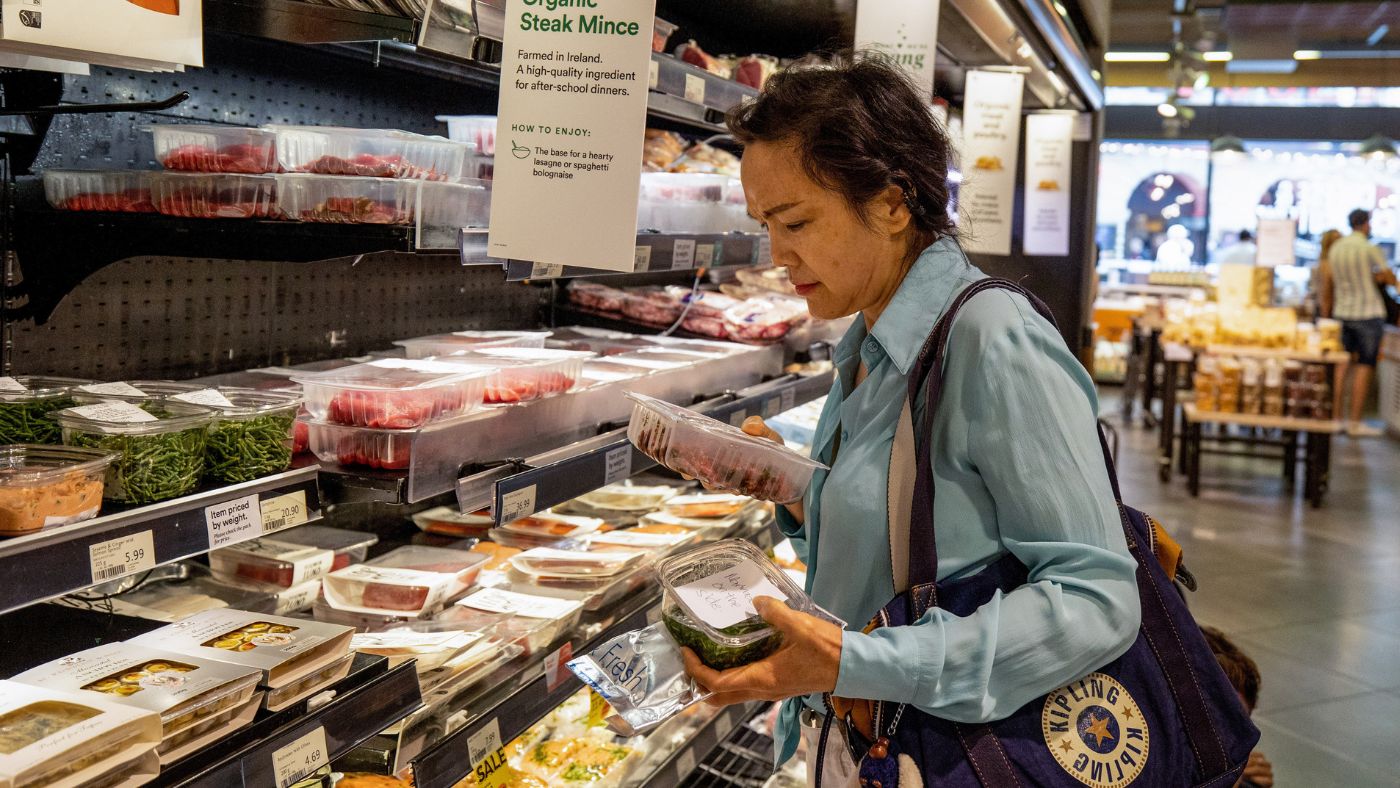
A free daily email with the biggest news stories of the day – and the best features from TheWeek.com
You are now subscribed
Your newsletter sign-up was successful
The price of a standard 500g bag of pasta has risen by 90% – from 50p to 95p – in the last two years, new research for the BBC has found.
The data, collected by the retail research firm Assosia, looked at the cost of a basket of 15 “everyday essentials” at Asda, Tesco, Morrisons and Sainsbury’s. From 2021 to 2023, the price of the 15-item basket has risen by 34%.
Official figures suggest overall UK inflation may have peaked at 11.1% in October, but the rate of food price rises is still at 16.7%.
The Week
Escape your echo chamber. Get the facts behind the news, plus analysis from multiple perspectives.

Sign up for The Week's Free Newsletters
From our morning news briefing to a weekly Good News Newsletter, get the best of The Week delivered directly to your inbox.
From our morning news briefing to a weekly Good News Newsletter, get the best of The Week delivered directly to your inbox.
Which foods are getting more expensive?
The basket included items like potatoes, strawberry jam, pasta sauce and oven chips, and were chosen so that some popular items could be compared in value and standard ranges.
In the past two years the price of the 15 items from the supermarkets’ standard range of products has risen by 34%, from £15.79 to £21.13. Meanwhile, items from the stores’ value ranges rose by 15%, from £11.18 to £12.87.
Prices for certain individual items in the basket have increased much more dramatically than others, with strawberry jam up 57% and pasta almost doubling.
According to Which?, the quarterly inflation rate to the end of January 2023 for the following food items was: butters and spreads (29.2%), milk (26.9%), cheese (22.8%), bakery items (19.6%), water (18.4%), yoghurts (17.9%), cakes and cookies (16.7%), crisps (13.9%), fish (13.3%), meat (12.7%), vegetables (11%), fresh fruit (7.4%).
A free daily email with the biggest news stories of the day – and the best features from TheWeek.com
Which? also found branded products had a lower rate of inflation (12.6%) than own-brand standard (18.8%) or own-brand value items (20%).
The analysis included more than 25,000 food and drink products from Aldi, Asda, Lidl, Morrisons, Ocado, Sainsbury’s, Tesco and Waitrose.
Figures from the retail analyst Kantar showed that grocery price inflation hit a record high of 16.7% in the four weeks to 22 January, “adding nearly £800 to the typical annual shopping bill, with the price of milk, eggs and dog food rising fastest”, reports The Guardian.
Why are prices still rising so fast?
“Food production is incredibly energy intensive. But with wholesale gas prices falling sharply along with a drop in the price of global food commodities, like wheat, why are food prices in our supermarket shelves still rising?” asks the BBC.
According to James Walton, chief economist at the IGD, a research charity in the food and consumer goods industry, the reason is the lag between food producers being hit with higher costs and the time that food will end up in stores.
“The food supply chain is extremely complicated. The products can change hands many times, before they come to us as the consumer. And so it takes a long time for the costs increases at the start of the supply chain to be passed down all of the steps until we actually encounter them in the store.”
Walton told the BBC he believed prices would continue to rise for the first half of this year, but that the rate of increase would fall quickly after that. Prices should fall at some point in the future, Walton says, due to the “incredibly competitive nature of grocery retailing in the UK”.
-
 How the FCC’s ‘equal time’ rule works
How the FCC’s ‘equal time’ rule worksIn the Spotlight The law is at the heart of the Colbert-CBS conflict
-
 What is the endgame in the DHS shutdown?
What is the endgame in the DHS shutdown?Today’s Big Question Democrats want to rein in ICE’s immigration crackdown
-
 ‘Poor time management isn’t just an inconvenience’
‘Poor time management isn’t just an inconvenience’Instant Opinion Opinion, comment and editorials of the day
-
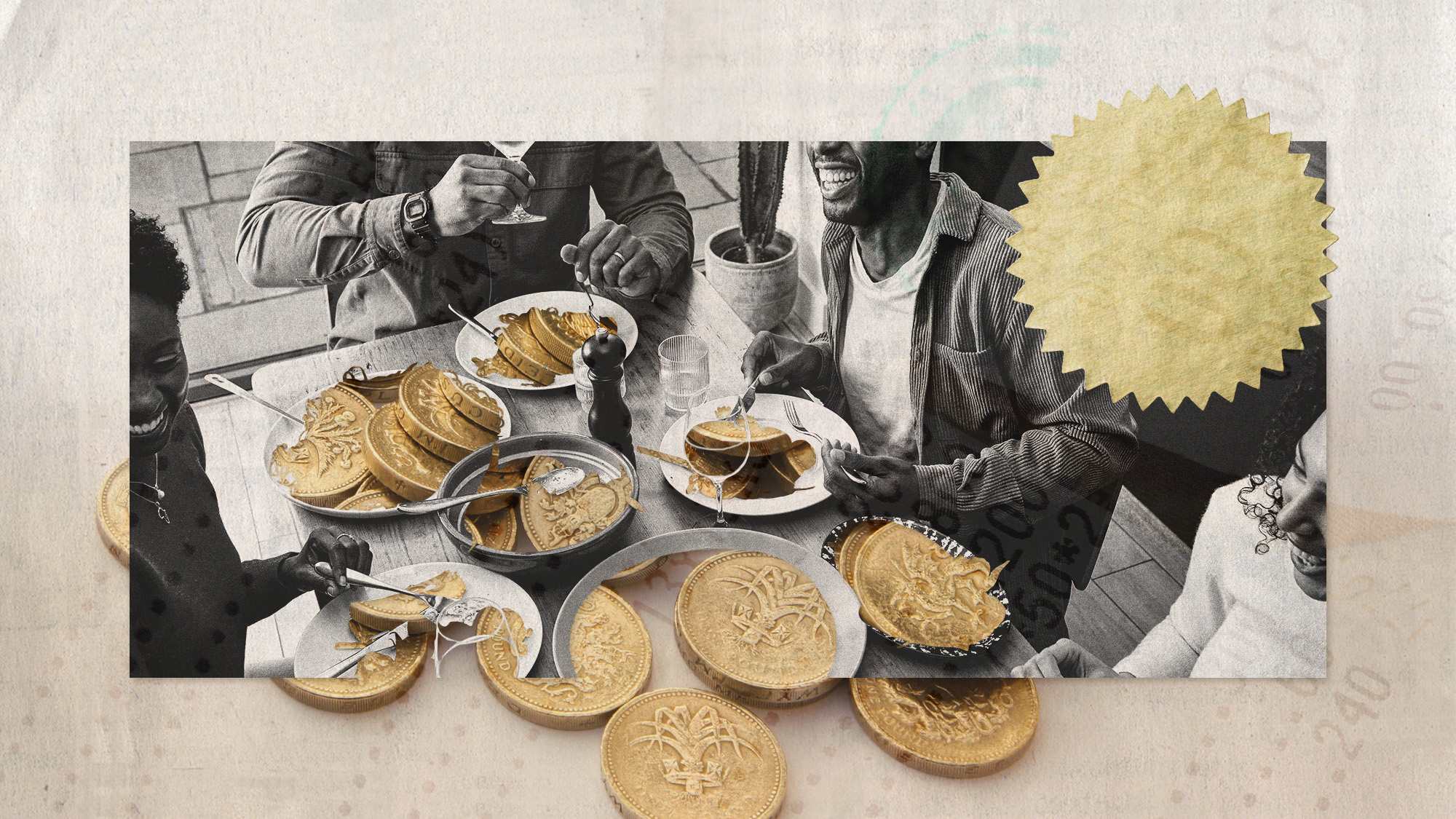 ‘Friendflation’: the increasing cost of maintaining a social life
‘Friendflation’: the increasing cost of maintaining a social lifeUnder the Radar Cost-of-living squeeze has left some feeling priced out of social events and struggling to keep up friendships
-
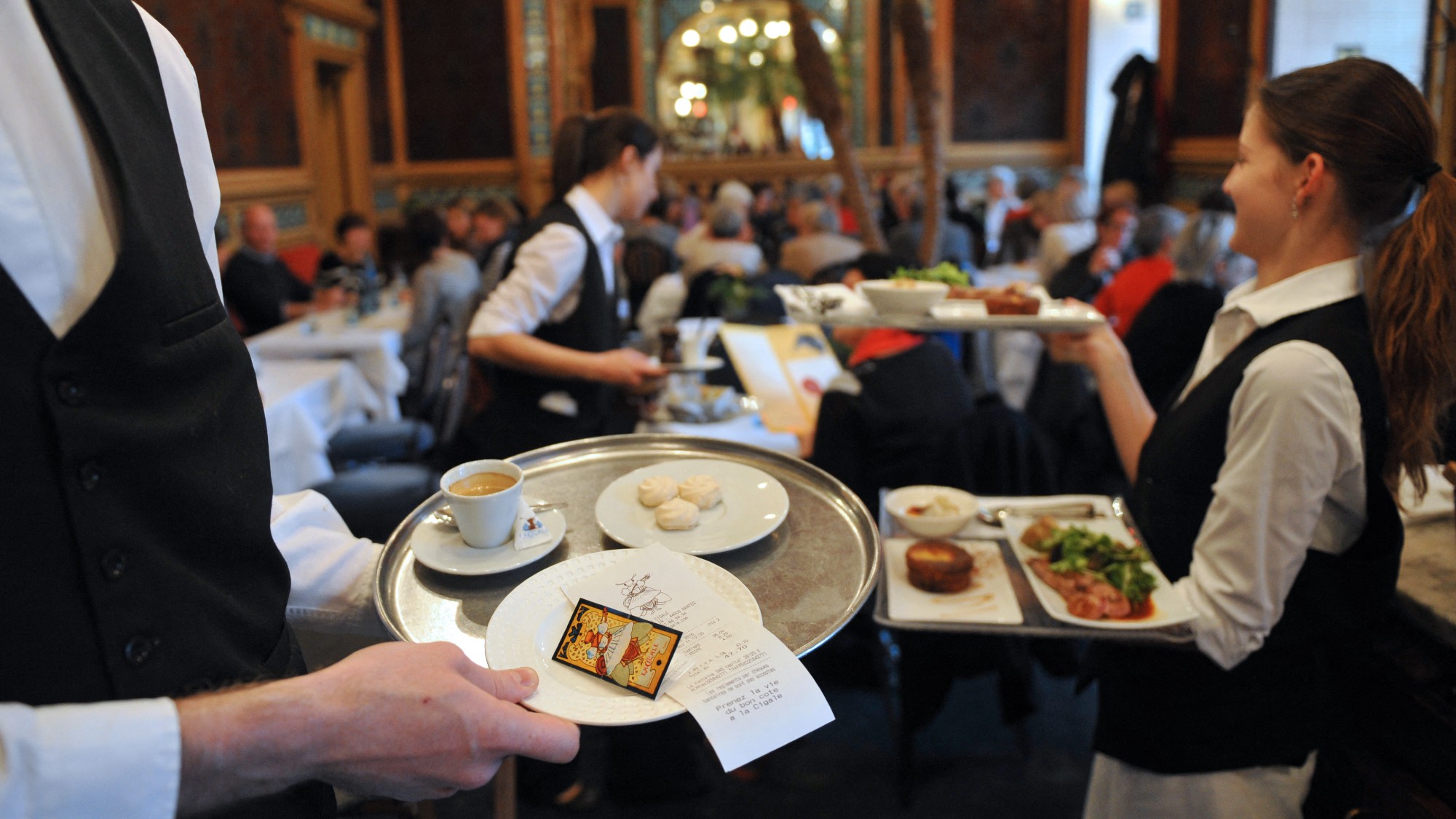 Tipping point: is the end of the service charge near?
Tipping point: is the end of the service charge near?Talking Point Diners on both sides of the Atlantic are increasingly withholding tips
-
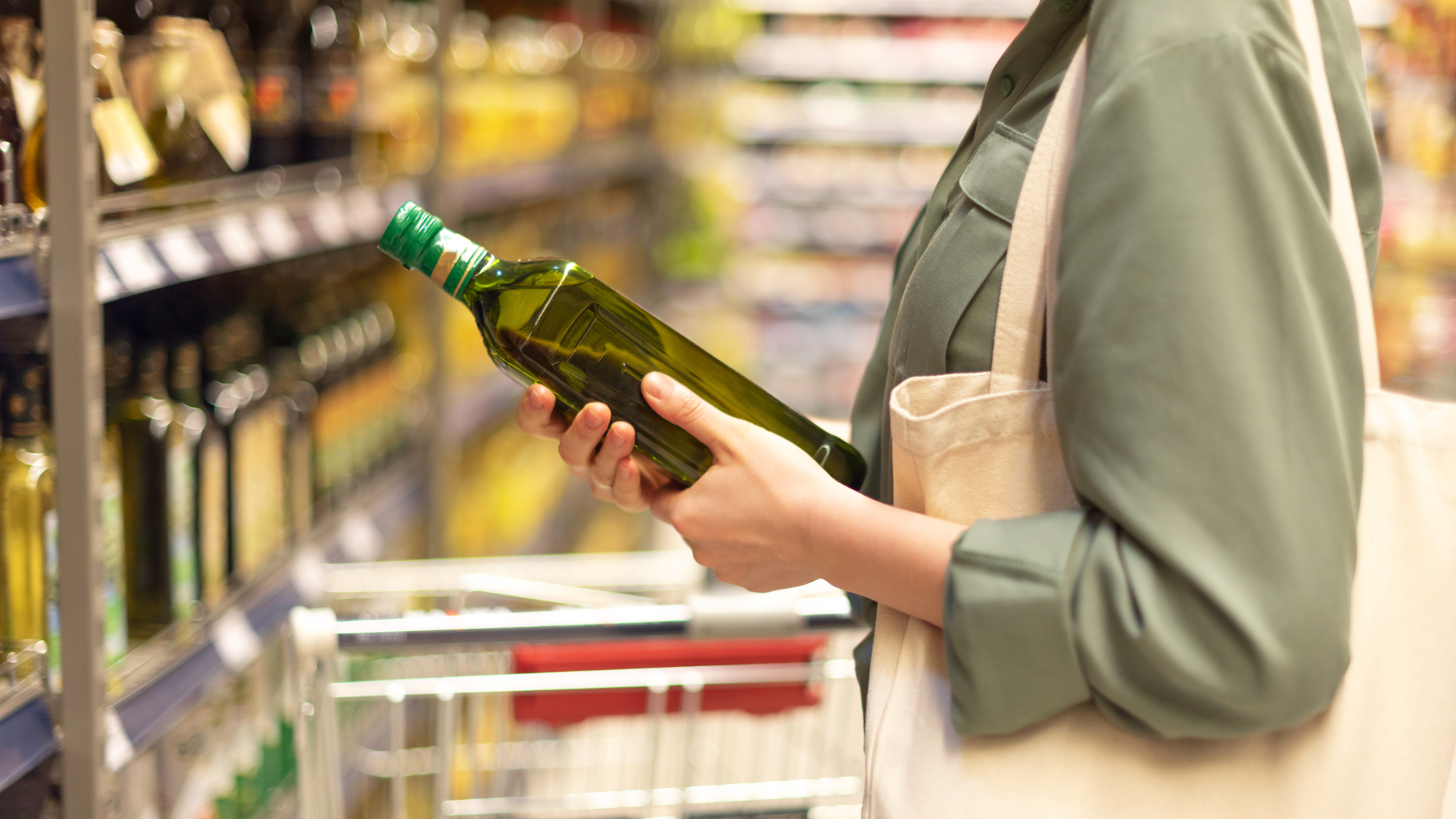 Olive oil: alternatives for the 'liquid gold'
Olive oil: alternatives for the 'liquid gold'The Week Recommends As the price of this store cupboard staple has rocketed, we look at ways to save and other oils to use for cooking
-
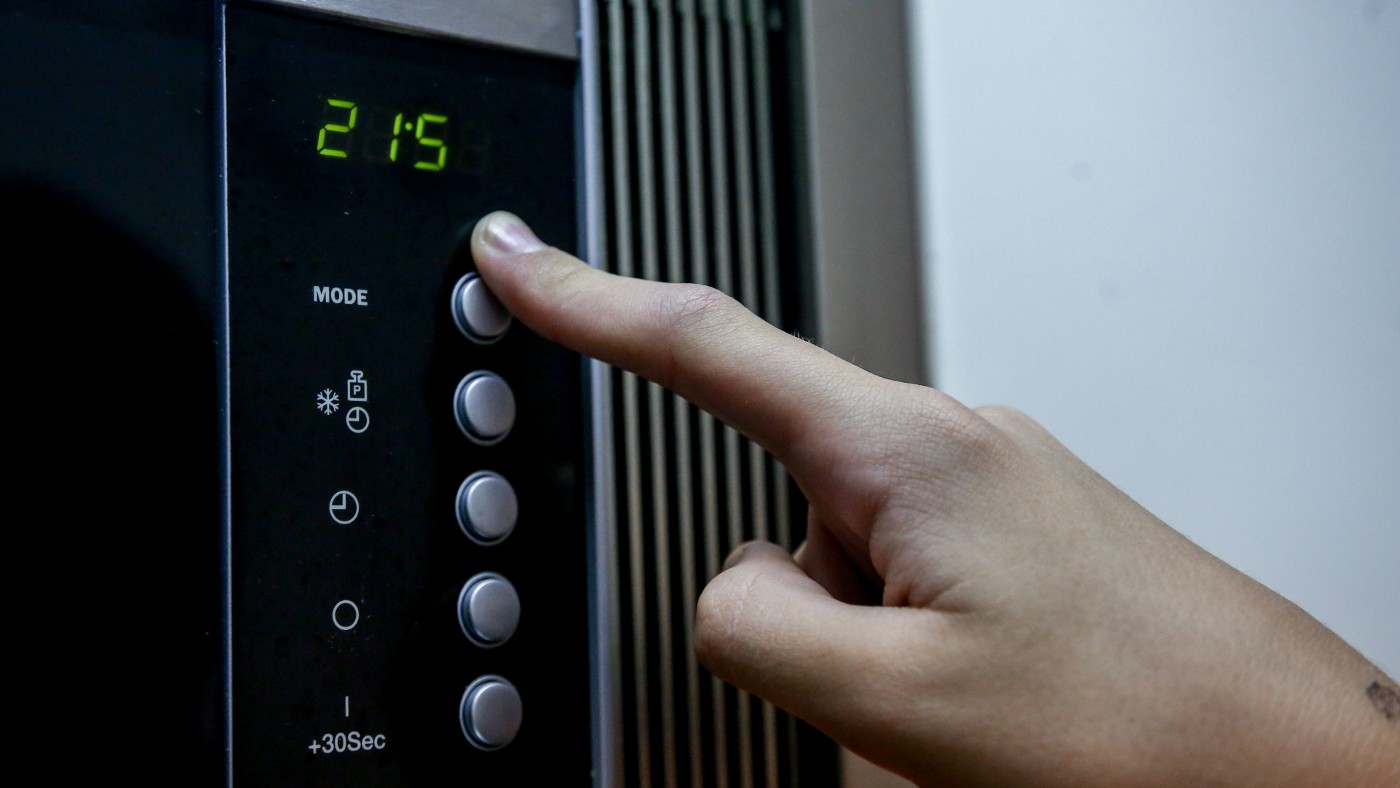 Pros and cons of microwaves
Pros and cons of microwavesPros and Cons The kitchen gadgets are convenient but one chef called them ‘world’s worst invention’
-
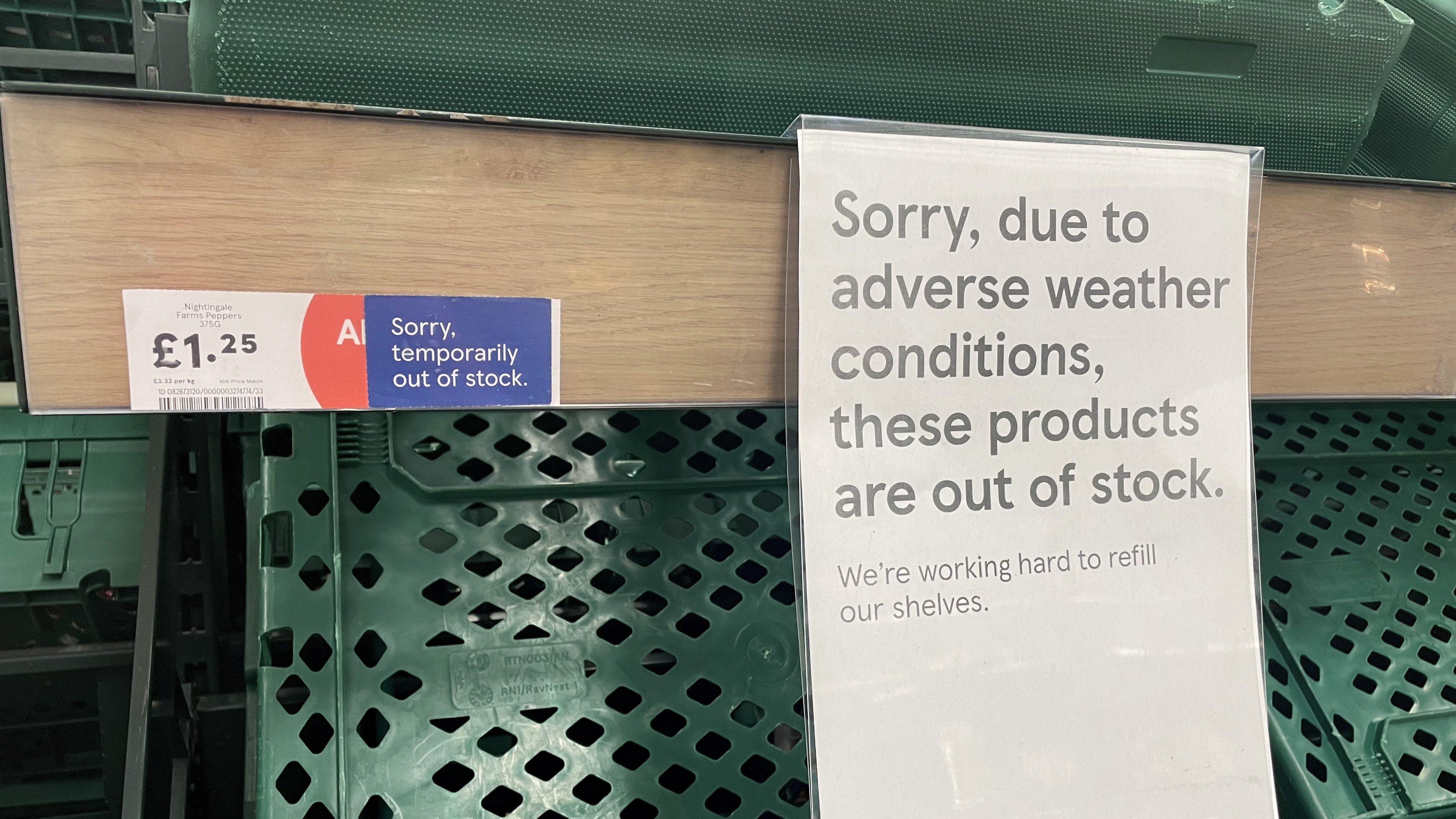 The great British food shortage: what’s causing empty supermarket shelves?
The great British food shortage: what’s causing empty supermarket shelves?feature Unseasonal weather, transport issues and energy prices are leading to rationing of fresh produce in UK stores
-
 What is misophonia?
What is misophonia?feature New Cate Blanchett film Tár has drawn attention to the little-known but debilitating neurological condition
-
 How advent of King Charles will affect coins, stamps and etiquette
How advent of King Charles will affect coins, stamps and etiquettefeature Many everyday items and traditions will be different under the new monarch
-
 What is the gender housing gap?
What is the gender housing gap?feature Time it takes to get on to the property ladder differs depending on whether you’re male or female